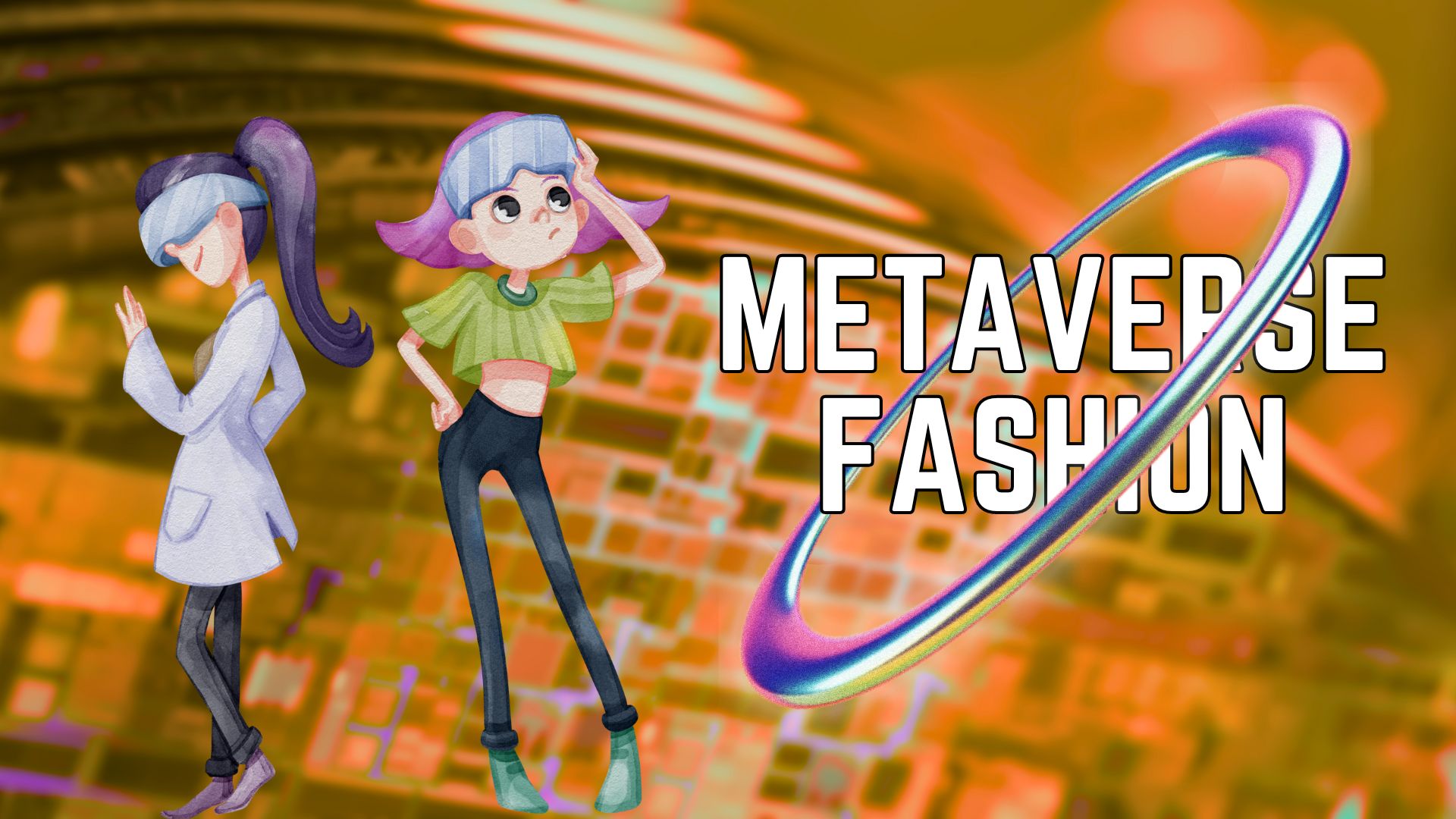- The complex technology known as the metaverse both fuels and resists the internet’s dominance. This essay analyzes how the metaverse will affect the future of the fashion industry.
- Fashion firms can benefit from and have access to additional opportunities thanks to the metaverse, a cutting-edge technology.
- Fashion firms may easily distinguish themselves from the competition by acquiring such revolutionary technology. They will undoubtedly be put in place ‘ahead of time.’
Since Facebook moved to Meta, the Metaverse technology has gained traction, and major tech companies like Microsoft and Apple have also begun to make strides in this area. Future-oriented virtual world creation and shaping are the goals of Meta. What is the metaverse, then?
According to experts, it represents the next step in social interaction and offers a 3D virtual reality environment where people from all over the world can congregate at once. In a more concrete explanation, the metaverse will allow users to simultaneously engage in their 2D activities, such as shopping on mobile devices or computers, watching concerts, or watching movies, in a setting where they are ‘really’ with their avatars (3D replicas of themselves).
The Metaverse’s Effects On Retail
Four elements play a transforming role in the metaverse’s expanding digital landscape, influencing consumer experiences and behaviors: collaboration via the internet, maximum market entanglement, distinct digital resources and digital identities.
- Online cooperation creates localized groups and intricate non-dyadic relationships within the metaverse that go much deeper than those found on conventional social media platforms.
Platforms like Xone, a 3D social media service by Auras Studios, expand users’ social skills, fostering deeper connections that are more analogous to in-person conversations. Beyond the variety made possible by technology, the metaverse, which uses AI-generated characters, enhances online interactions and relationships.
- Another distinguishing trait of the metaverse is its high level of consumer immersion. Customers may simulate real-life interactions in the digital environment thanks to technology like Meta’s Quest Pro AR/VR headset. The degree of environmental immersion and responsiveness has a significant impact on customer behavior and subsequent interactions.
- Consumers can feel meaningful ownership and engagement with digital real estate through the use of unique digital assets, a novel type of virtual product. Consumers’ shared ownership of these assets with their digital personas improves personalization and perceived value over time. Additionally, businesses’ capacity to control digital real estate generates financial incentives that affect how they connect with customers.
- Last but not least, digital identities in the metaverse greatly improve self-expression and affect the psychological distance between users and their digital environment, potentially affecting actions and beliefs outside the digital sphere.
They lower physical and social barriers, creating a more personal and immersive Metaverse experience. Consumer behavior and belief systems within and outside of the digital environment are altered by this distinctive manner of self-representation and interaction.
The Development Of Online Marketing
The most likely metaverse fashion influence is that more aggressive marketing strategies will take precedence when it comes to new technical frontiers, particularly those that offer significant market prospects for firms.
Following those hyper-creative and outrageous fashion choices of the metaverse, there may be an upsurge in mundane fashion that closely resembles real-life vogue. However, it’s much more likely that as the metaverse becomes more popular, users will rush into embracing their preferred companies and sit distinct from the rest of the crowd.
